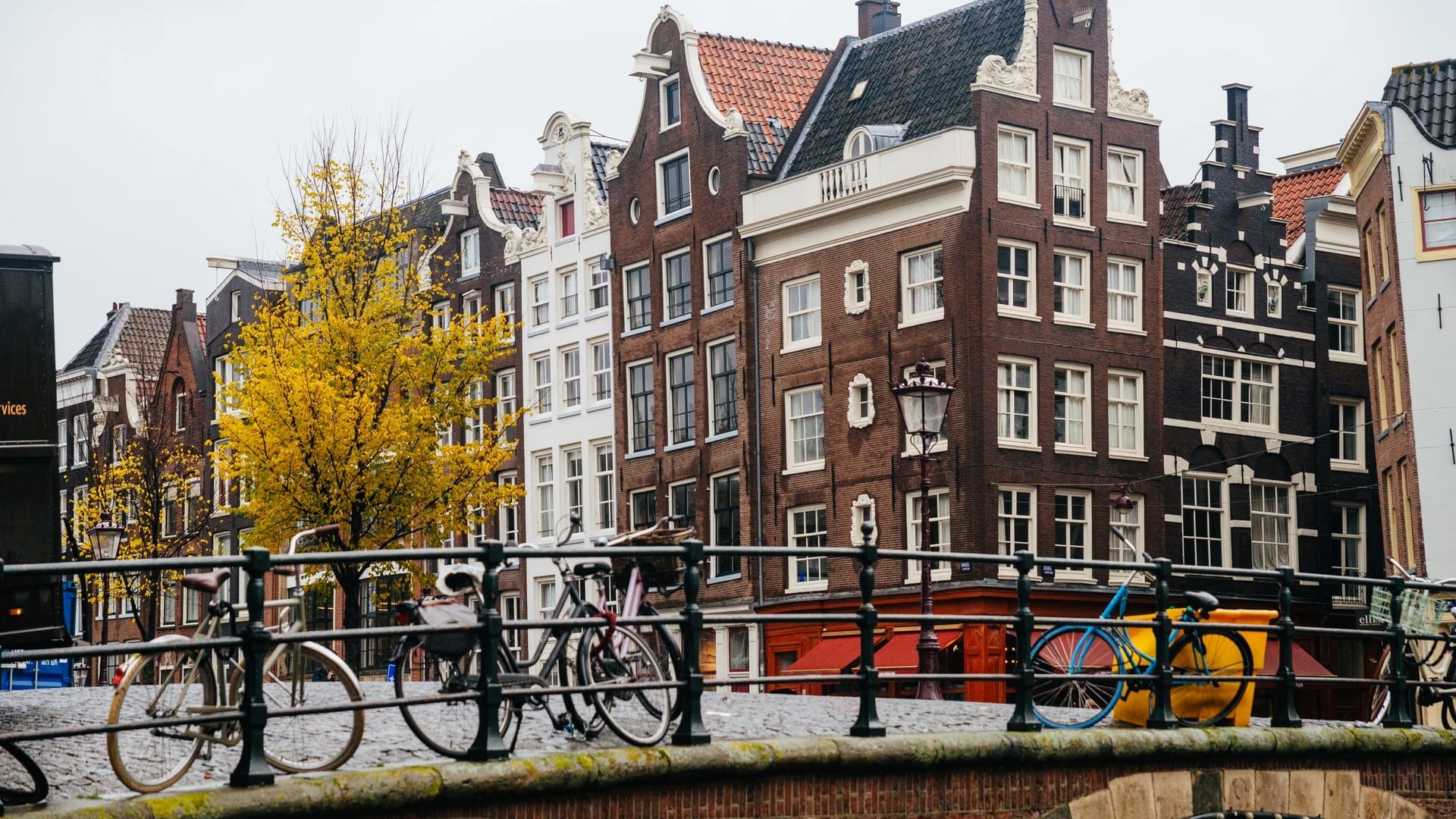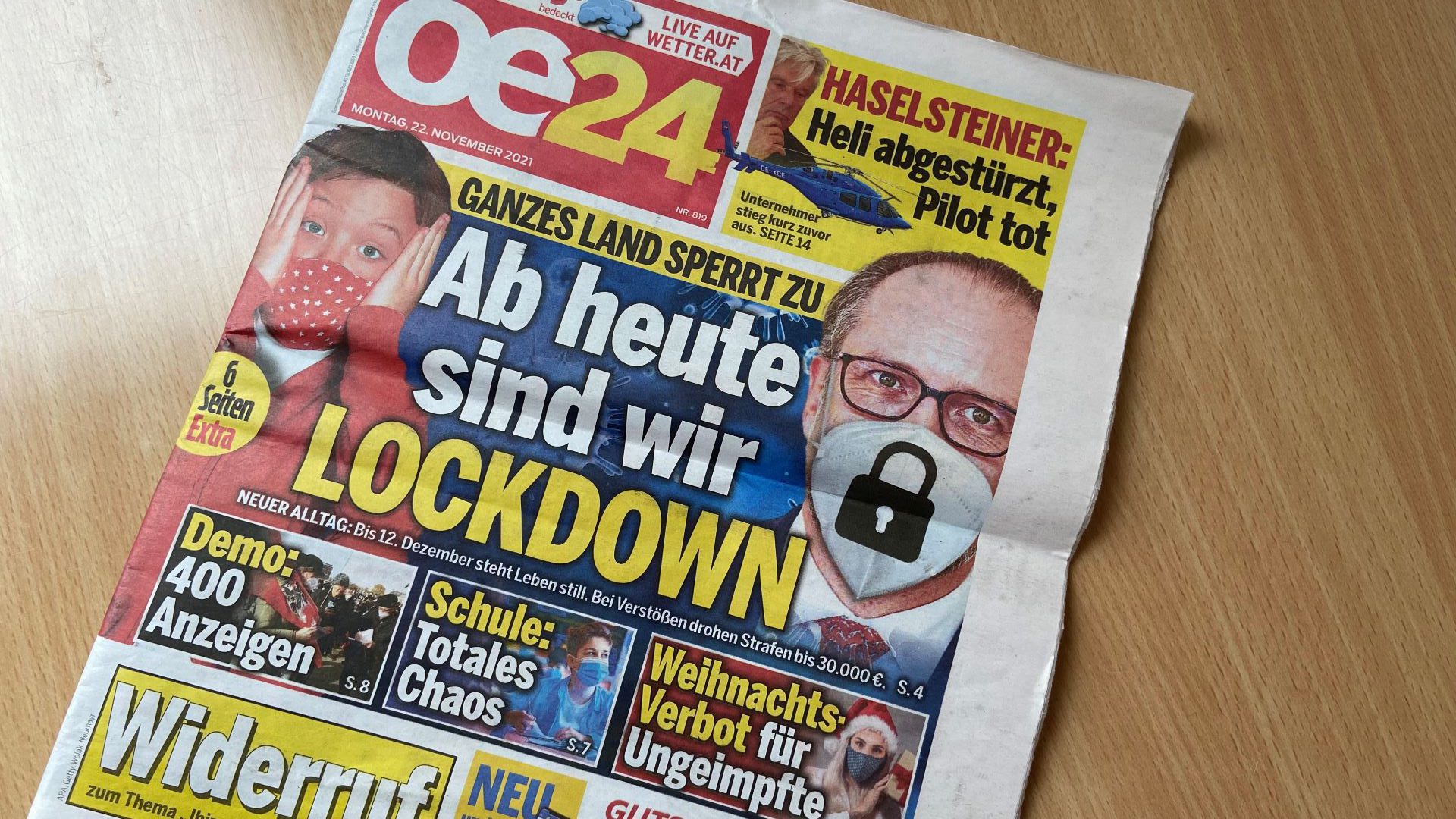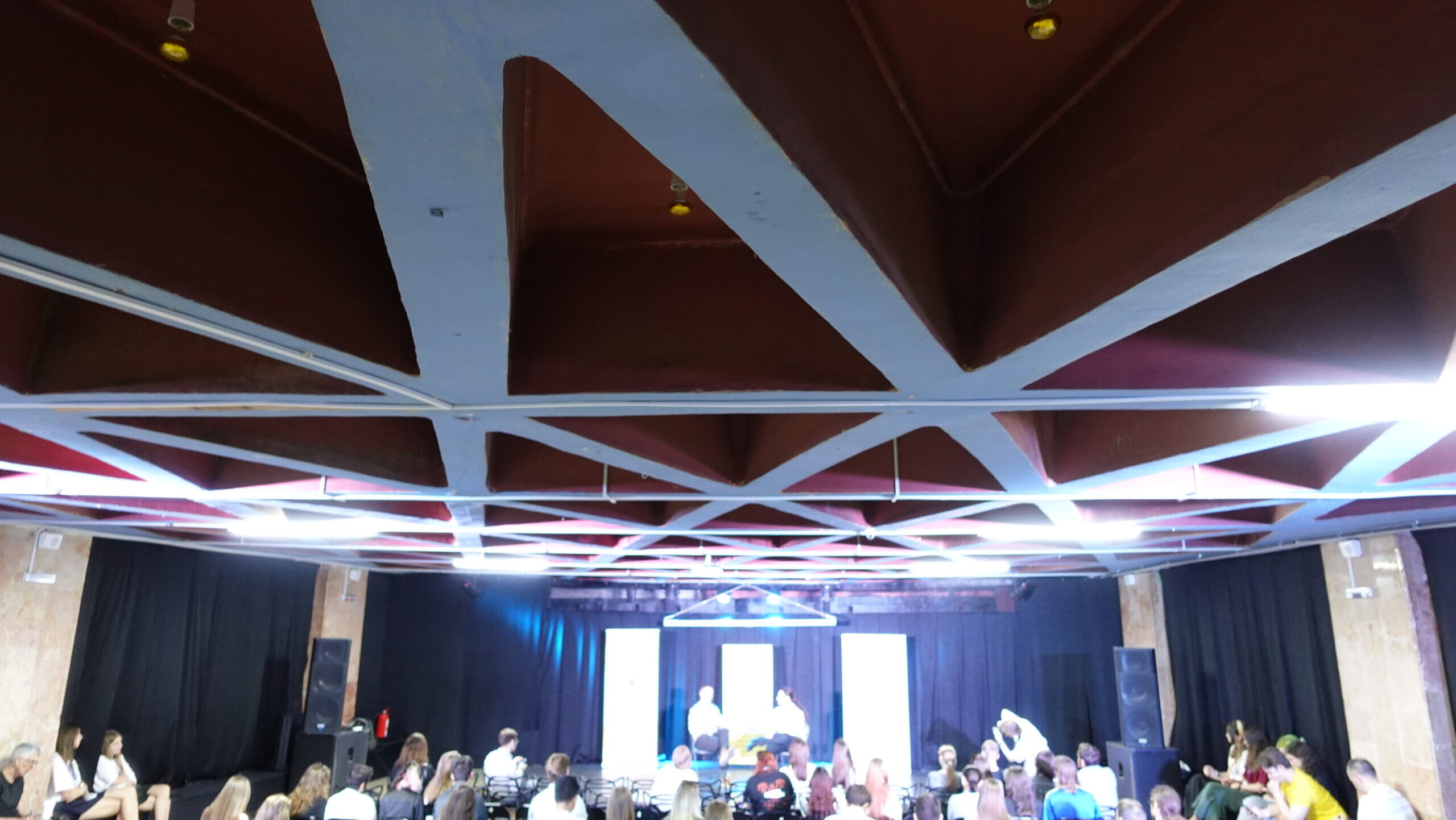2020 was a year like no other. In the Netherlands, and likewise across the globe, governments have implemented draconian measures in an effort to curb the spread of COVID-19, including emergency powers, border closures, lockdowns, and curfews.
The cost of lockdowns from a global perspective
After more than a year into the pandemic, it is becoming increasingly clear that certain measures, notably extended lockdowns, come at a huge price:
- Individuals are losing their livelihoods due to the economic fallout, resulting in a loss of access to basic necessities such as food and medicine.
- Worldwide, at least 24 million students are projected to drop out of schools due to the disruption caused by the pandemic, according to UNICEF Executive Director Henrietta Fore.
- Domestic violence has increased globally as victims are trapped at home with their abusers.
- Social isolation has fostered a loneliness epidemic and mental health crisis of unprecedented proportions.
Regardless of the debate around the necessity of various restrictions, the net result of these unprecedented measures remain difficult to gauge.
Criticism of lockdown restrictions is often taboo in the Netherlands
Open debate has not been spared from the adverse effects of restrictive anti-coronavirus measures. In speaking with friends or colleagues about the matter, one may feel the need to bite one’s tongue.
Merely mentioning the word ‘democracy,’ or related terms such as ‘freedom’ or ‘rights’ in countries like the Netherlands can be a risky endeavor in certain social settings. Critics of lockdown restrictions can be far too easily grouped in with COVID-19 deniers or 5G conspiracy theorists.
The Netherlands, like many countries in Europe, has seen a rise in conspiracy theories circulating online. A study by research bureau Kieskompas found that around 10% of Dutch people believe in at least one of the many conspiracy theories surrounding COVID-19.
With parliamentary elections fast approaching in the Netherlands, we deemed it necessary to shine some light on this issue and discuss the impact of coronavirus measures on the democratic process.
Some threats to the democratic process
It is of considerable concern that political parties are less able to conduct campaigns prior to the elections in the present climate. Campaigning and fundraising traditionally require extensive in-person contact. Social distancing prevents political entities from organizing such activities, requiring these entities to employ novel strategies to win votes.
Newer political entities, with fewer supporters and financial backers, may experience greater difficulty in mobilizing resources remotely. This imbalance, caused by COVID-19 restrictions, clearly places newer parties and less known political platforms at a disadvantage.
The impact of reduced direct interaction on the democratic process
An important feature of face-to-face interaction is the facilitation of a two-way stream of communication. It enables the voter to partake in debate, ask questions, critique, and engage – all of which contribute to well-informed decision making later on in the voting process.
Ostensibly, the public sphere of the digital realm also enables a two-way stream of communication. As such, the perceived low barrier to accessing information online may even be considered a desirable outcome of the accelerated transition to a more digital world.
Nevertheless, the literature to date shows that political entities on social media overwhelmingly use their platforms for one-way information dissemination. We can thus expect relatively limited interaction between voters and politicians in comparison to the conventional substantive debate, where opinions are formed, exchanged, and altered.
Moreover, accessing information about election campaigns on the internet becomes muddied by the abundance of fake news. The endeavor of distinguishing between faux election campaign sources and factual information rests on a certain level of media literacy.
Are we moving towards a global democratic deficit?
Another aspect of the democratic process that will face challenges in the wake of COVID-19 restrictions is election oversight and accountability. Conventionally, elections would be monitored by domestic and international observer groups to ensure the processes are lawful and meet the requirements for an election conducted with integrity.
However, growing government travel restrictions have made election monitoring much more difficult. International travel restrictions prevent full-scale election observation missions from being conducted, while for domestic observers, the need for physical distancing is an inevitable inhibitor from closely following voting and counting processes.
Only time will tell as to what extent the implications of these measures will have had on weakening democracy.
Important political issues pushed aside
The political agenda has naturally been influenced by the pandemic as well. As the COVID-19 crisis is so deeply felt worldwide, it holds constant public attention. Political entities have taken on the task of managing the trajectory of the pandemic.
Subsequently, other salient campaign topics must make space for the immediate concern of the pandemic. In terms of public policy priorities, important socio-economic issues such as unemployment, taxes, housing, and addressing discrimination have been relegated to the backseat of election agendas.
As political solutions to combating COVID-19 take up the legislative docket, voters in the Netherlands may now reorient their voting strategies based on their preferred policies in relation to the pandemic rather than on a party’s platform on substantive issues.
When it comes to lockdown measures in the Netherlands, the established parties are divided on whether or not to extend current restrictions. One side of the spectrum, the coalition parties are keen to extend the current restrictions, which include a controversial curfew from 8:00 PM to 4:30 AM. Conversely, some opposition parties insist on putting a halt to the present measures, something they refer to as “liberating the country.”
Given the current climate, a future member of parliament may very well derive their four-year political mandate predominantly from their position on public health policy in relation to the pandemic during these elections.
Changing the rules of the game
As a result of the public health crisis, the Dutch government altered the national voting procedure to be more accommodating to social distancing. Prior to the pandemic, the Dutch had to cast their vote in person on a single day. However, in response to the pandemic, anyone over 70 years of age can vote by mail, and in-person voting will be extended and spread over a period of three days.
This new voting procedure was swiftly criticized by political parties and the general public alike. As it stands, the current regulation does not consider individuals under the age of 70 who have underlying health conditions and who may be in a particularly vulnerable position.
As such, the novel mail-in voting procedure has been branded as discriminatory, and there have been calls to amend the regulation to make voting by mail accessible to all Dutch citizens.
At present, the procedure is fraught with tension over civic responsibility and health protection. It is conceivable that some will not vote in fear of being infected. According to research cited by the Party for the Animals, 10% of Dutch voters under 70 are considering not voting if it cannot be done by mail. This would account for approximately one million voters and could distort the outcome of the elections.
Numerous questions around how to facilitate free and fair elections
The rules of the game are changing rapidly. Given the unprecedented nature of the current situation, there are implications that extend beyond our current level of understanding. Consequently, this probes a variety of important questions:
- Are we making the right changes to our electoral system in spite of the pandemic?
- Which changes truly facilitate free and fair elections?
- Who speaks for and against these changes?
- Are everyone’s voices heard?
- How can we address any shortcomings of the present system, while remaining mindful of long-term impacts and the issues that are sidelined?
- How can the election process change in a manner that remains democratic?
- Should elections be postponed until campaigns can run normally again, or does this obstruct the democratic process even further?
It is imperative that these questions are addressed in due time, lest we jeopardize our democracy. This is no easy feat, but it is necessary in order to preserve accountability.
To read more content relating to the COVID-19 pandemic, be sure to check out our cluster page by clicking on the button below.
This piece solely expresses the opinion of the author and not necessarily the organization as a whole. Students For Liberty is committed to facilitating a broad dialogue for liberty, representing a variety of opinions.









